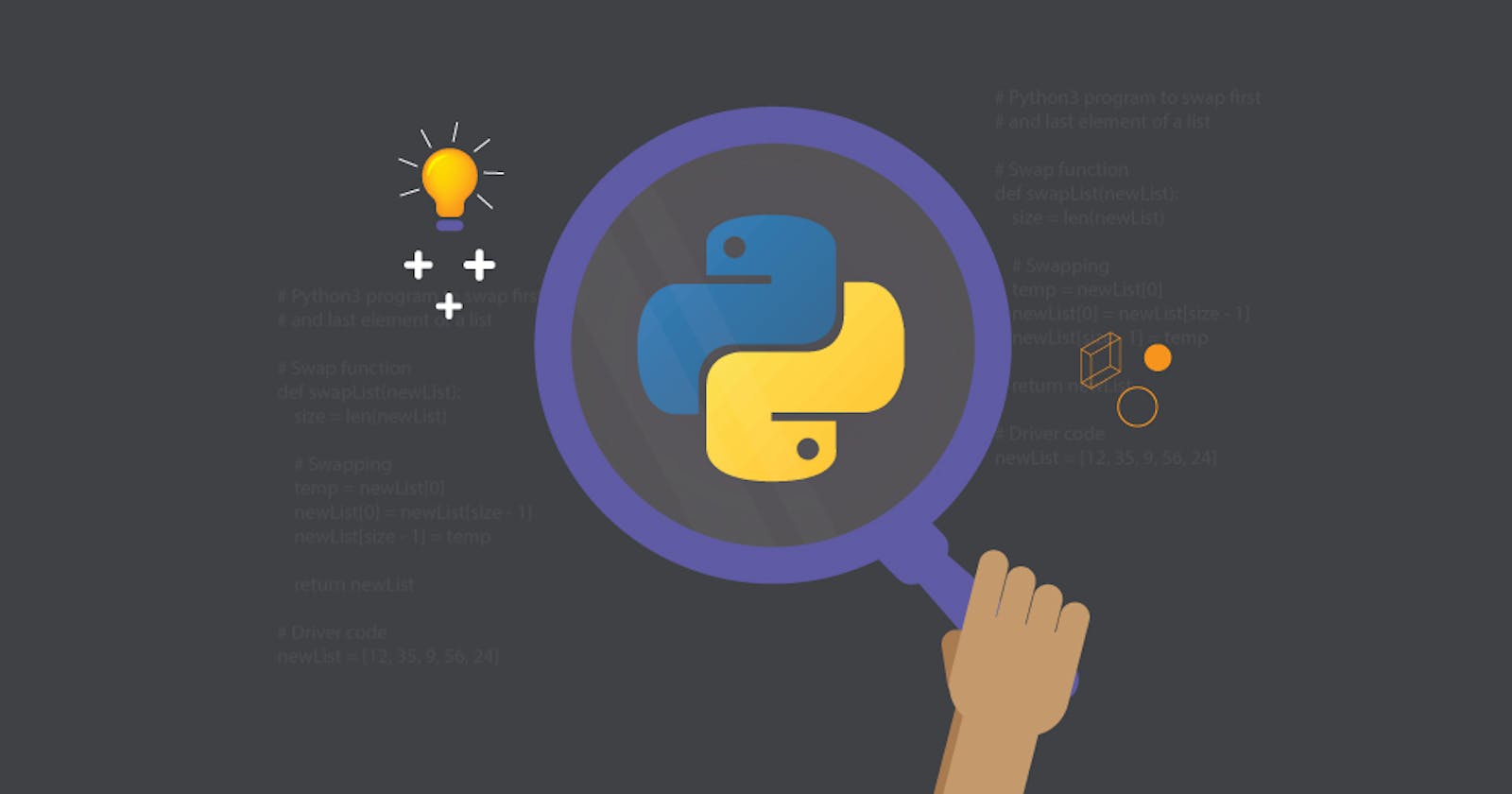TensorFlow: TensorFlow is like a powerhouse for creating and training neural networks, which are computer systems modeled after the human brain. It's widely used in fields like image recognition, natural language processing, and more.
NumPy: NumPy is like a superhero for handling numbers and data in Python. It helps us work with large arrays of numbers and perform mathematical operations easily.
SciPy: SciPy is like a treasure chest full of tools for scientific computing. It offers functions for things like optimization, integration, interpolation, and more, making it handy for a wide range of scientific tasks.
Pandas: Pandas is like a magic wand for data manipulation and analysis. It gives us powerful tools for working with structured data, like tables in a spreadsheet, making tasks like filtering, sorting, and summarizing data a breeze.
Matplotlib: Matplotlib is like an artist's palette for creating visualizations in Python. It lets us create all sorts of plots and charts to help us understand our data better and communicate our findings effectively.
Keras: Keras is like a friendly guide to the world of deep learning. It makes building and training neural networks much easier by providing a simple and intuitive interface to TensorFlow and other deep learning frameworks.
Scikit-Learn: Scikit-Learn is like a toolbox full of machine learning algorithms. It offers a wide range of algorithms for tasks like classification, regression, clustering, and more, making it easy to experiment with different techniques and find the best model for your data.
PyTorch: PyTorch is like a flexible playground for deep learning experiments. It's great for building and training neural networks, especially for research purposes, thanks to its dynamic computation graph and easy-to-use interface.
Scrapy: Scrapy is like a web crawling and scraping ninja. It helps us extract data from websites and APIs quickly and efficiently, making it a valuable tool for tasks like collecting data for analysis or building datasets for machine learning models.
BeautifulSoup: BeautifulSoup is like a handy tool for parsing HTML and XML documents. It allows us to extract information from web pages easily, making tasks like web scraping and data extraction much simpler.
LightGBM: LightGBM is like a rocket booster for gradient boosting models. It's designed for speed and efficiency, making it perfect for handling large datasets and training complex models quickly.
ELI5: ELI5 is like a detective for understanding machine learning models. It helps us interpret and explain how our models make predictions, giving us insights into how they work and how we can improve them.
Theano: Theano is like a wizard's wand for mathematical computations. It allows us to define and evaluate mathematical expressions efficiently, making it a powerful tool for tasks like building and training neural networks.
NuPIC: NuPIC is like a brain simulator inspired by neuroscience. It helps us build intelligent systems that learn and adapt to their environment, making it a fascinating tool for tasks like anomaly detection and pattern recognition.
Ramp: Ramp is like a friendly competition platform for machine learning enthusiasts. It provides a fun and collaborative environment for building predictive models and competing with others to solve real-world problems.
Pipenv: Pipenv is like a magic potion for managing Python dependencies. It helps us create and manage virtual environments and install packages easily, making it a valuable tool for managing project dependencies.
Bob: Bob is like a master key for biometric recognition systems. It offers tools and algorithms for tasks like face recognition, speaker recognition, and more, making it a powerful tool for building secure and reliable authentication systems.
PyBrain: PyBrain is like a Swiss army knife for neural networks and artificial intelligence. It provides a flexible framework for building and training various types of neural networks, making it a great tool for exploring different AI techniques.
Caffe2: Caffe2 is like a powerhouse for deploying deep learning models in production. It offers tools and libraries for building and deploying machine learning models at scale, making it a valuable tool for building intelligent applications.
Chainer: Chainer is like a playground for deep learning experiments. It offers a flexible and intuitive interface for building and training neural networks, making it a great tool for both beginners and experts alike to explore the world of deep learning.
